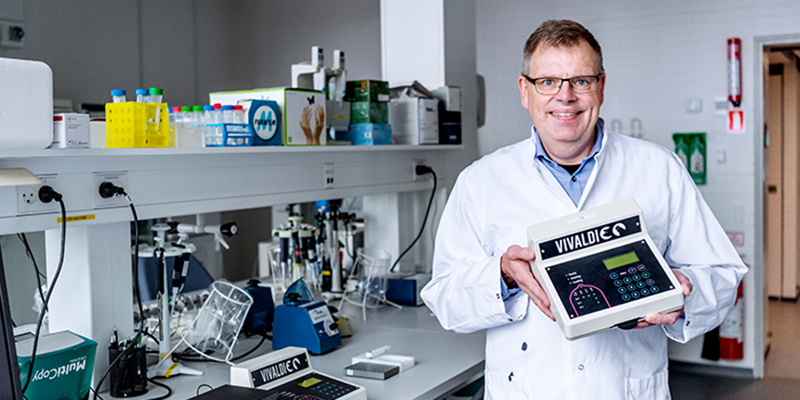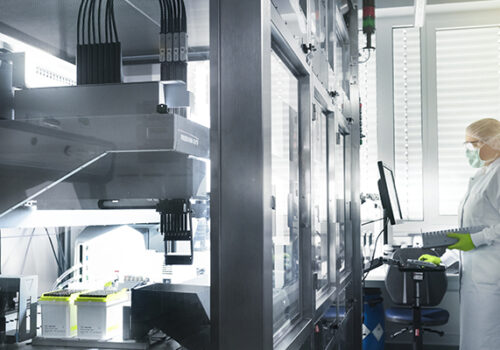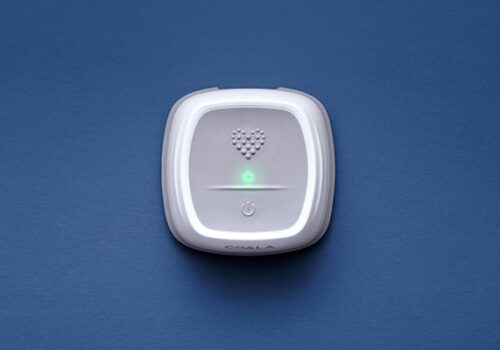The Technical University of Denmark (DTU) Bioengineering has together with collaborators received funding to develop a test kit for the new coronavirus and the first results are promising.
Together with DTU Food, Statens Serum Institute (SSI), Amager, Hvidovre Hospitaler and TATAA Biocenter the project has received a DKK 13 million grant from the Danish Government’s acute coronavirus research pool. In addition, the Gudbjørg og Ejnar Honorés Fond has supported the project with DKK 5 million.
The project, CoronaDX, has aimed to develop a quick test that can determine in less than an hour if a patient is infected with the new coronavirus or not.
Promising first results
The team has succeeded in developing a new diagnostic tool, Pathpod, that detects RNA from SARS-CoV-2, and the next step will be to scale the test and deliver 1,000 of the chips installed in the test instruments. With 1,000 chips, 10,000 coronavirus tests can be performed each week, the DTU researchers state.
“It’s quite clear that the research community is acutely aware that this is a very special and serious situation, and we work together as colleagues across countries and organizations rather than as competitors. That is why there are so many publicly available RNA sequences for COVID-19, and that is one of the reasons we are able to work as fast as we currently do,” says Professor Anders Wolff from DTU Bioengineering.
The researchers initially tested artificial samples and have subsequently collaborated with Clinical Microbiology at Vejle Hospital on development and use of the new technology for quick detection of SARS-CoV-2 in pharyngeal swabs from COVID-19 patients. The research team has tested a total of 120 real coronavirus samples from Vejle Hospital and has just received 100 new samples.
“We believe that the idea we had from the start can be realized within a month or two. This will mean that we can increase the volume of tests dramatically and potentially go from testing in emergency rooms to also testing outside hospitals – without having to submit virus samples to a central analytical laboratory,” says Rasmus Larsen, Provost at DTU.
Loop Mediated Isothermal Amplification
The idea for the new diagnostic tool originally comes from the Vivaldi research project, where researchers from DTU Bioengineering and DTU Food have developed a portable device that can detect salmonella, campylobacter, and avian influenza in poultry and food production in less than an hour.
The method is called Loop Mediated Isothermal Amplification (LAMP) and is similar to the PCR test.
Photo of Anders Wolff: DTU








